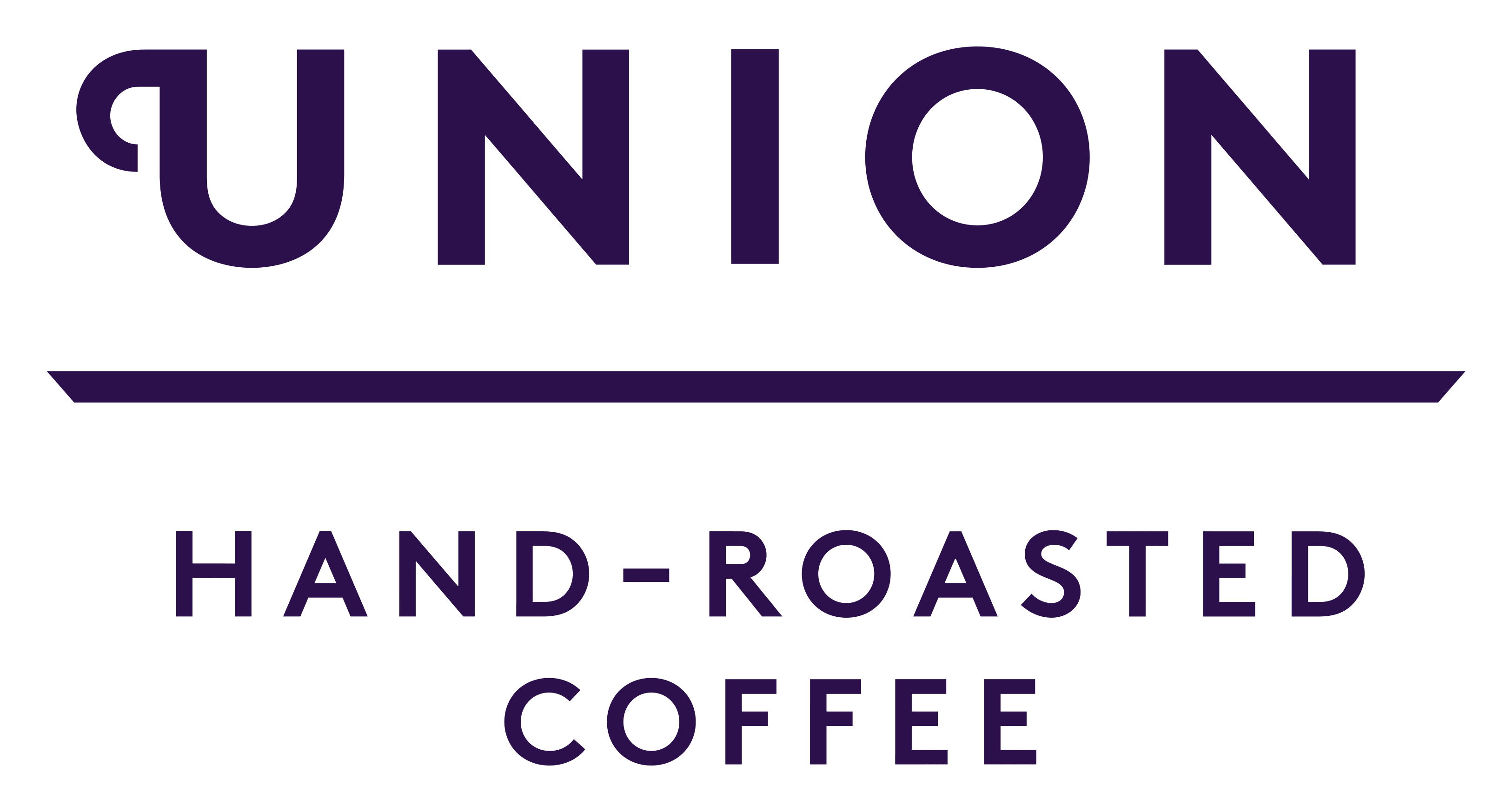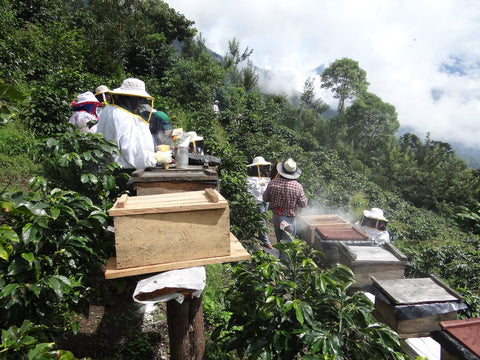How do we tackle this weakness?
We realise that one of the main weakness of our Union Direct Trade, was that any claims we make about the benefits of our ethical sourcing are not verifiable. Essentially we are asking our customers to take us on trust. But I wanted to see how we could take a more transparent approach to support any views we express or indeed reveal short comings that we could learn from. We’ve addressed this in a couple of different ways. Firstly we joined the Ethical Trading Initiative (ETI) in 2003. This organization is made up of three types of members:
1) Trade Unions,
2) Non-Governmental Organizations
3) Companies.
Even though Union Hand-Roasted Coffee, is the smallest company within the ETI organization, I have found it a useful experience that has provided access to established learning—particularly how to implement an Ethical Trade programme. It is from the ETI that we created our Union Code of Conduct for Ethical Sourcing. This document sets out our expectation of working conditions and labour standards at the farms we source from. We directly educate and inspect coffee producers against our criteria for labour standards. And as a trained Social Auditor, when I visit producers, I actively monitor working conditions of hired labour in farms and dry mills. If I observe poor conditions (non-compliances) at a farm, my approach is to engage in communication with the farm or cooperative managers to find solutions. It is far more productive to create a corrective action plan together, rather than stop working with this producer group.
This “auditing” methodology can be a beneficial approach to take with coffee estate farm managers where the enterprise is managed to good working practices. But with smallholder farmers it certainly has limitations because, from my experience, they organize their farm work in a less formal way. Frequently, smallholders have had a limited opportunity for formal education beyond primary level, and tend not to run their farm as a disciplined business enterprise but rely on (unpaid) family labour. So we have to be realistic about what can be achieved in the short term yet still have ambitious goals for the future. Can we accurately and openly determine the benefits of Union Direct Trade for coffee farmers, and communicate this with clarity and transparency.
So, to create a robust and formal mechanism to measure the impact of our purchasing practices, we worked with students studying for their Masters’ Programme at the Institute of Sustainable Development, University of Wageningen, The Netherlands. They created a monitoring and evaluation system to record details about the lives of the coffee farmers and their workers that we trade with. This is designed as a longitudinal study (over several years) and will be investigated in the countries where we have developed Union Direct Trade. Similar published academic studies of this nature have mostly been taken for a limited time period that gives a brief snapshot. This can be misleading when analysed in isolation. We hope our approach, by gathering information over several years, and looked at in a wide frame context, may be useful to determine the impact (good or bad) of our relationships with producers, as markets and other local or world events change.
This study may reveal complexities with our relationship with these coffee farmers, that we’re currently unaware of. We cannot claim we’ll have solutions to the problems we expose but the knowledge is power and underpins the value we place on transparency. Not only can we learn about the farmers and their working conditions, but we can analyse the impact of the trading practices we undertake.
In my next blog post I’ll introduce Pascale, a Masters graduate in economic development who is now in Guatemala gathering research data for the Union Direct Trade programme


